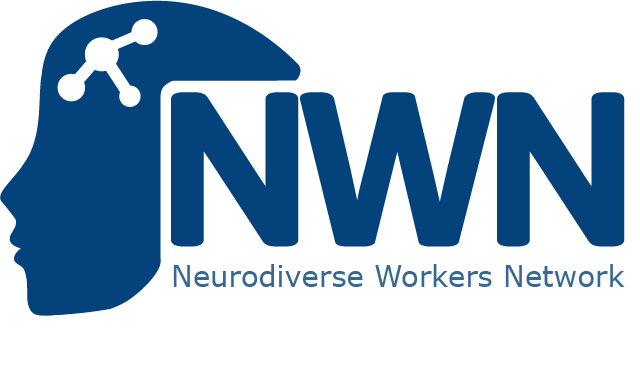ADHD information
ADHD (Attention Deficit Hyperactivity Disorder) is a neurodivergent trait that impacts a person’s ability to maintain focus, manage impulses, and regulate their activity levels. Individuals with ADHD might find it challenging to stay organised, concentrate for long periods, or keep track of time, often becoming easily distracted or feeling restless. While hyperactivity is a common feature, some people with ADHD may experience more difficulties with attention and focus, or a combination of both.
In the workplace, ADHD can present certain challenges, such as difficulties with sustained concentration or meeting deadlines. However, those with ADHD also bring a range of strengths, such as creativity, adaptability, and an ability to think on their feet. With the right workplace adjustments and understanding, employees with ADHD can thrive and make valuable contributions to their teams.
ADHD impacts individuals in a variety of ways, particularly in how they focus, manage tasks, and respond to their environment.
Attention and Focus: Staying focused on tasks, especially those that require sustained effort, can be difficult. Individuals with ADHD often find themselves easily distracted by external stimuli or their own thoughts, making it challenging to concentrate for long periods.
Impulsivity: Acting on impulse without fully thinking things through is common. This can manifest as interrupting conversations, making hasty decisions, or finding it difficult to wait or plan ahead.
Organisation and Time Management: Organising tasks and managing time effectively can be a struggle. People with ADHD may have difficulties prioritising, planning, and meeting deadlines, which can lead to incomplete tasks or missed appointments.
Memory and Task Completion: Working memory is often affected, making it harder to retain important information or remember details. As a result, tasks may be left unfinished, or important steps might be overlooked.
Hyperactivity and Restlessness: Some individuals with ADHD experience a strong sense of restlessness, often feeling the need to move or fidget. While this is more noticeable in children, many adults also feel a constant need to stay active or multitask.
Emotional Regulation: Managing emotions can be challenging for people with ADHD, sometimes leading to frustration, impatience, or mood swings. Emotional responses may be heightened, particularly in stressful situations.
While ADHD presents these challenges, individuals with ADHD also possess many strengths, such as creativity, adaptability, and a high level of energy. With the right strategies and support in place, people with ADHD can effectively manage these impacts and succeed in both their personal and professional lives.
ADHD assessments for adults are typically conducted by a psychologist or psychiatrist who specialises in neurodevelopmental conditions. The process starts with a detailed evaluation of past and current symptoms, as ADHD is a lifelong condition that begins in childhood. For adults, this often involves reflecting on childhood behaviour, such as difficulties with focus, impulsivity, or hyperactivity, which may have been present at school or in other settings. Family members, like parents or siblings, may be asked
to provide insights into childhood behaviours to support the assessment.
In addition to exploring childhood symptoms, the clinician will gather information on how ADHD currently affects the individual’s daily life, including areas like work, personal organisation, and social relationships. This might involve structured interviews, questionnaires, and tests that assess attention, memory, and other cognitive functions. The goal is to ensure that the symptoms align with ADHD and not another condition, such as anxiety or learning difficulties, which can sometimes present similarly.
Once diagnosed, the clinician will work with the individual to identify the best course of action, which could include medication, behavioural therapies, or workplace accommodations to help manage symptoms.
Detailed and thorough assessment process is critical in helping adults understand how ADHD impacts their work and personal life,
and in providing the right tools and support to thrive.
